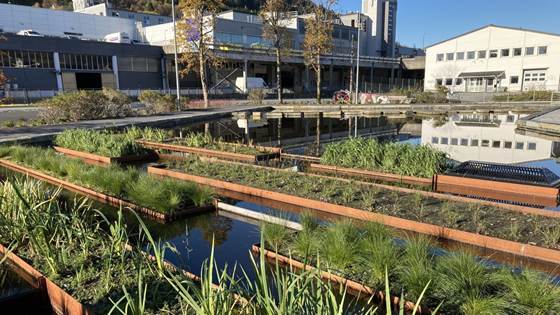
Securing a sustainable water future
SINTEF researchers play an important role in Water Europe’s work on water security and resilience.

SINTEF researchers play an important role in Water Europe’s work on water security and resilience.
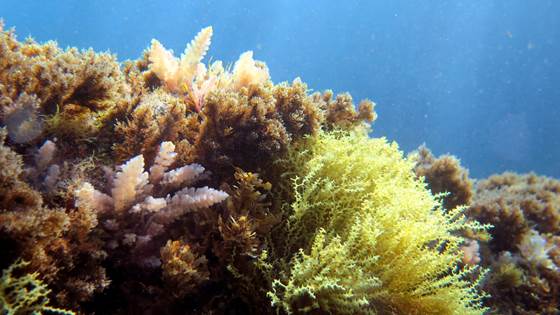
It can take up to 200 years for damaged marine environments to fully recover by just stopping the destruction and leaving the ecosystems to themselves. That is why we must implement active restoration interventions.
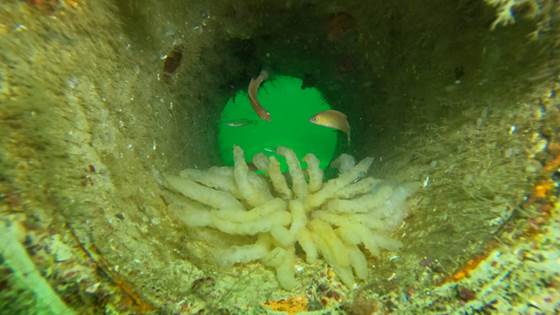
It could take up to 200 years for our degraded ocean habitats to fully recover if we just leave them alone. So, we must intervene. The good news is that it works.
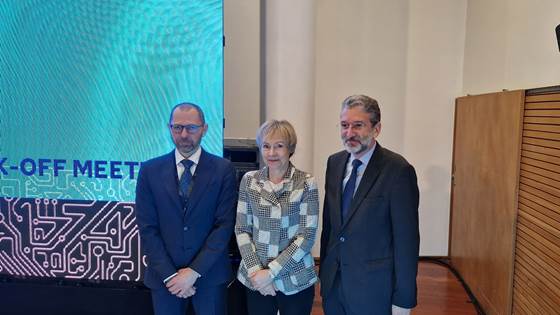
Through the EU project INSECTEC.OCEAN, SINTEF Ocean will assist the Portuguese INESC TEC in establishing a 'Centre of Excellence' for marine research and engineering in Porto, Portugal.
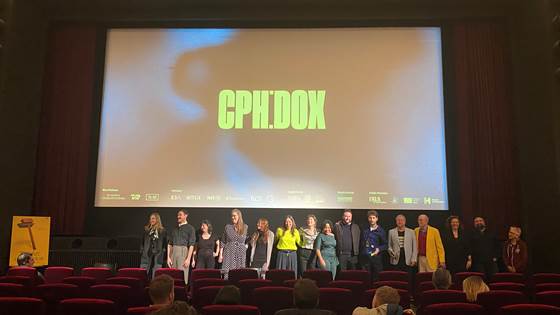
Emmy-nominated Ian Cheney’s new documentary, The Arc of Oblivion, examines the traces humanity leaves behind on our planet. In the film, Cheney accompanies SINTEF-researcher Ida Beathe Øverjordet on a research expedition to the Arctic on a search for...

Allocations for two new projects under the EU Missions Ocean call have been announced, with SINTEF having received four projects, two of which we will lead.
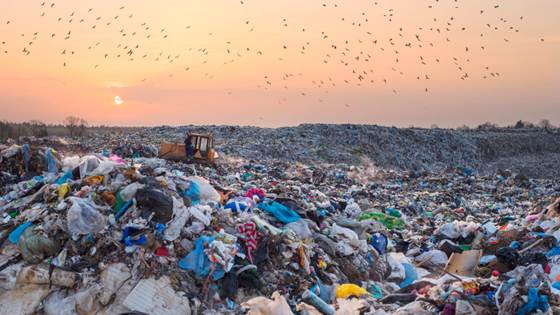
Using non-recyclable plastic waste as an alternative to coal may prevent huge volumes of plastic from being discarded into the oceans – and will also reduce CO2 emissions. This is the conclusion of a recently completed pilot project headed by SINTEF...

174 member countries recently gathered at the United Nations Environment Assembly (UNEA) in Nairobi to discuss a legally binding, global plastic treaty.
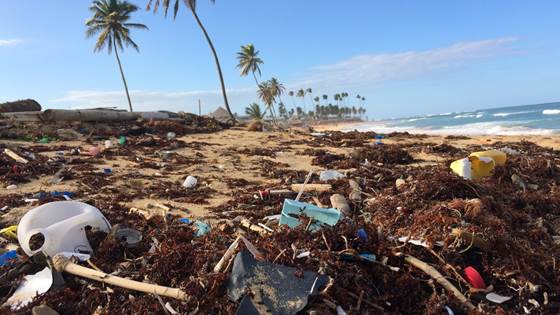
Researchers believe that plastic refuse can be used as fuel in cement factories in Asia. If this works, it may provide a solution to two of the planet’s biggest environmental problems – plastic in the oceans and high levels of coal consumption.